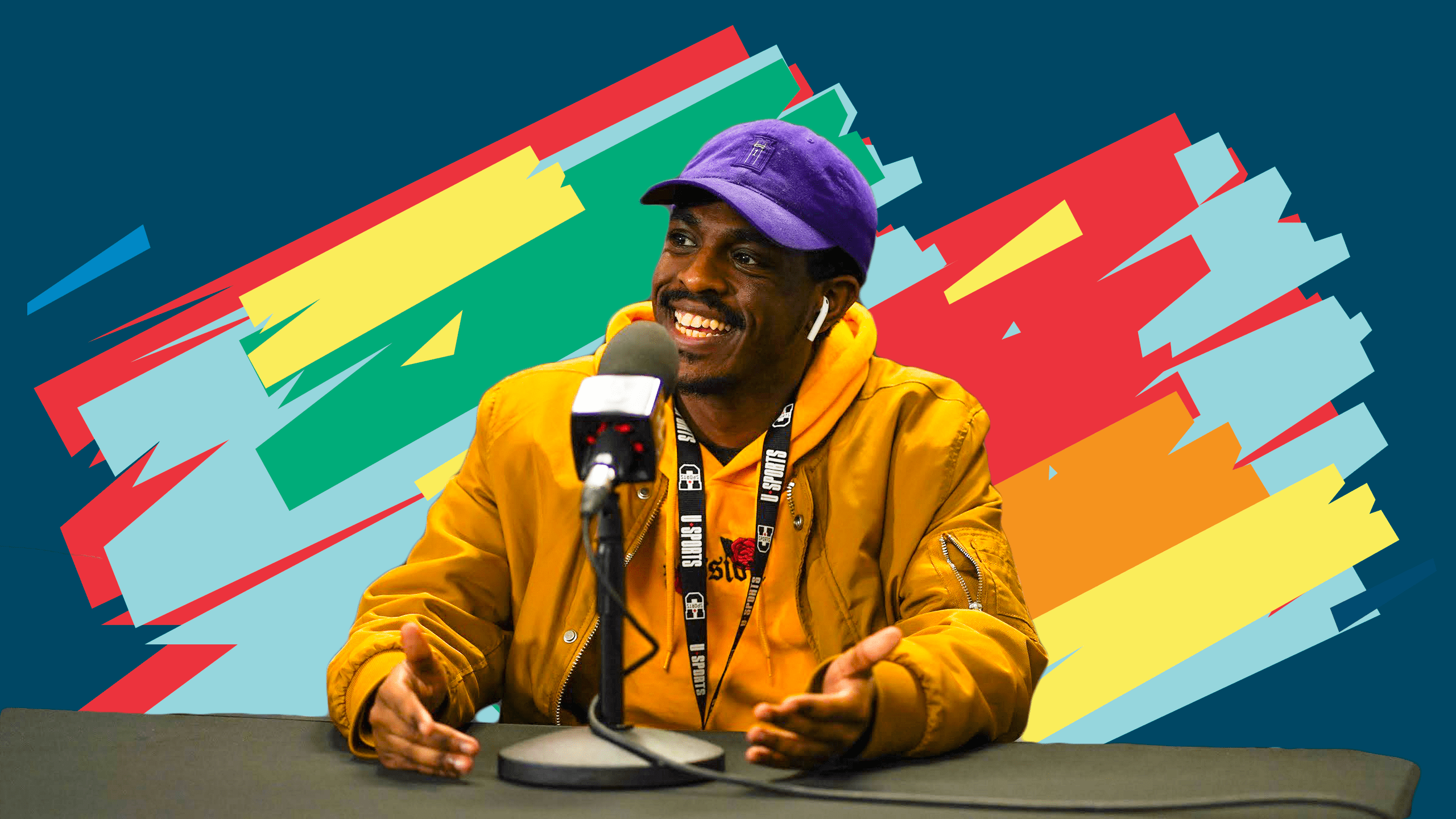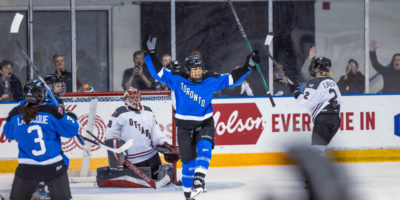Challenging the norms while addressing the unrealistic limits and expectations
By Libaan Osman
Just hours before the Toronto Raptors faced off against the New Jersey Nets—now known as the Brooklyn Nets—in the 2007 NBA playoffs, I begged and pleaded for my father to purchase two tickets to the game, which were over $200 each. We paid more than $400 to not only be near the player exit tunnel, but to boo the living hell out of Vince Carter.
Every single time Carter touched the ball, the arena let him have it. I didn’t understand the full extent of why he was hated, but I was eight so I joined in. When you’re a kid, you tend to follow everyone else. In this case, everyone hated Carter, and I did too.
The atmosphere in the Scotiabank Arena that night—where I could barely hear my father who was right next to me—made me fall in love with the game of basketball and the same sports culture that had the ability to unite us all (to hate Carter). Now, almost 13 years later, I’ve realized that this crowd mentality, though fun and exciting, can have a negative effect on both fans and athletes. Sports culture does have a powerful way of uniting us all—but not always in the best ways.
We’ve become accustomed to parents pushing us to unrealistic limits, because that’s what they expect when they pay for you to be in sports. If you have an injury, you’re supposed to fight through it and get right back up—or you’re automatically seen as weak. If you can’t afford to play the sport you love because your family just immigrated, you’re expected to accept it and move on. While doing so, you’re watching your white friends play hockey from the sidelines while you make up a lie for why you can’t suit up.
Because of this, we’ve had to adjust to the world of sports as we know it.
In sports culture, showing hatred and negativity just because everyone else is has become second nature and almost “acceptable behavior.” We hate on the kid that can’t make a layup or can’t afford the latest sneakers from Foot Locker. If you’re an outlier or any different, you get clowned.
I was raised around people that mocked you if you couldn’t keep up with them. But the world of sports needs diversity and tolerance, the same as any other industry does.
The collection of stories in Sports & Culture dives deep into the consequences of sports culture on athletes, but also highlights the positive aspects that sports brings into our lives. It’s impossible to come up with one solution to get rid of toxicity in sports, but we can try. This is what sports and culture looks like at Ryerson—the good, the bad and the hidden.












Leave a Reply